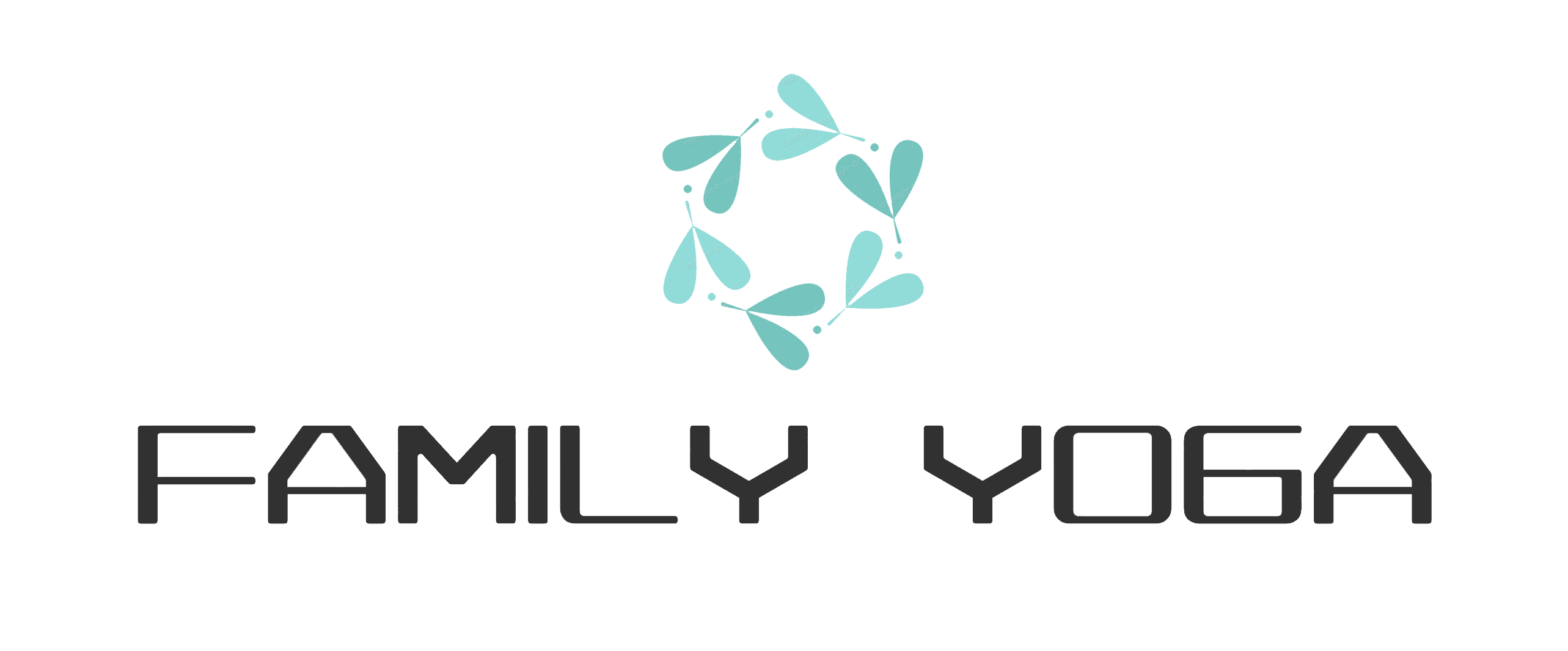
The arrival of a newborn is an occasion of joy and happiness in any family, but it can also bring some challenges. Sleepless nights, new responsibilities, and emotional rollercoasters can take a toll on parents, making it difficult to cope with daily life. Fortunately, there are tools available to ease the transition and promote a sense of resilience in the family unit. One of these tools is postnatal yoga, a gentle and effective practice that can benefit both parents and babies. In this article, we will explore the benefits of postnatal yoga for new families, and how it can foster family resilience in the face of the challenges of parenthood.
1. “Welcoming Motherhood: The Transformative Role of Postnatal Yoga”
The transition into motherhood can be overwhelming, and it takes time to adjust to the new role. Postnatal yoga can help new moms manage the stress and fatigue that comes with caring for a newborn. In this post, we’ll explore the transformative role of postnatal yoga and how it can benefit new moms.
Postnatal yoga is designed to help new moms regain strength, flexibility, and balance in their bodies. It’s a gentle form of yoga that focuses on breathing techniques, relaxation, and postures that are safe for postpartum bodies. Here are some ways postnatal yoga can benefit new moms:
– Reduce stress and anxiety: Yoga can help new moms manage the emotional ups and downs that come with caring for a newborn. It promotes relaxation and helps reduce stress and anxiety.
– Strengthen pelvic floor muscles: Childbirth can weaken the pelvic floor muscles, which can lead to bladder control problems. Postnatal yoga includes exercises that strengthen these muscles.
– Improve posture: Caring for a newborn often involves a lot of bending and lifting, which can strain the back and shoulders. Postnatal yoga can help improve posture and reduce pain and discomfort.
2. “Building Strong Foundations: How Postnatal Yoga Supports Family Resilience”
Building strong foundations is an essential part of family resilience, and postnatal yoga can play an important role in this process. By supporting physical, mental, and emotional health, postnatal yoga helps new parents to feel more relaxed and grounded, which, in turn, makes it easier for them to cope with the challenges of parenthood. Here are just a few ways in which postnatal yoga can help to build strong foundations for families:
- Physical recovery: After giving birth, many women experience physical pain and discomfort. Postnatal yoga can help to alleviate these symptoms by strengthening the pelvic floor, improving posture, and increasing overall muscle tone. Additionally, practicing yoga can help to boost energy levels and improve sleep quality, which is essential for new parents who are often tired and run-down.
- Mental health: Adjusting to a new baby can be stressful, and many new parents experience a range of emotions as they navigate this period of transition. Postnatal yoga provides a safe and supportive environment in which parents can release tension, quiet the mind, and connect with their inner wisdom. This can lead to increased feelings of calm, confidence, and overall well-being.
- Bonding with baby: Postnatal yoga classes often incorporate poses and movements that involve the baby, such as babywearing, gentle massage, and interactive play. These activities can help to strengthen the bond between parent and child, and also provide opportunities for social interaction with other new parents.
By taking care of themselves through the practice of postnatal yoga, parents are better able to care for their children and build strong foundations for the whole family. Whether it’s easing physical discomfort, improving mental health, or fostering a deeper connection with the baby, postnatal yoga offers a range of benefits that can support family resilience and well-being in the early stages of parenthood.
3. “Nurturing Connection: The Power of Postnatal Yoga in Strengthening Family Bonds
Welcoming a new family member can bring immense joy but it can also be a challenging experience for new parents. Postnatal yoga offers a unique space for new moms and dads to connect with their baby, recover from childbirth and bring some balance into their new routine. Through focused breathwork and gentle movements, postnatal yoga can help develop deeper connections between parents and their baby and support a more harmonious family dynamic.
Practicing postnatal yoga can also have a positive impact on the bonding between partners. By sharing this experience, partners can develop a deeper understanding and empathy towards each other’s experiences and needs in the new phase of life. In addition to emotional and relational benefits, postnatal yoga can also aid in physical recovery, alleviate common aches and pains associated with childbirth and support healthy postpartum weight loss. Ultimately, postnatal yoga creates a nurturing space for families to transition into their new chapter with greater ease and joy.
- Benefits of postnatal yoga for family bonding:
- Develop deeper connections between parents and their baby.
- Create a more harmonious family dynamic.
- Strengthen bonds between partners through shared experience.
- Physical benefits of postnatal yoga:
- Aid in physical recovery from childbirth.
- Alleviate common aches and pains associated with childbirth.
- Support healthy postpartum weight loss.
As we conclude this piece on fostering family resilience through postnatal yoga, let us reflect on the power of mind-body practices to promote a sense of calm and connectedness in new parents struggling with the demands of parenthood. By carving out a few minutes each day to breathe, stretch, and tune into their bodies, caregivers can enhance their own well-being and even transmit a sense of grounding to their children. As researchers and practitioners continue to explore the potential of yoga and other mindfulness-based interventions to bolster family resilience, let us remember that the path to a thriving family unit begins with self-care and self-awareness. Whether you’re a seasoned yogi or a hesitant beginner, there’s no better time than now to start incorporating these simple techniques into your daily routine. Take a deep breath, exhale slowly, and feel the benefits ripple through your whole family.

